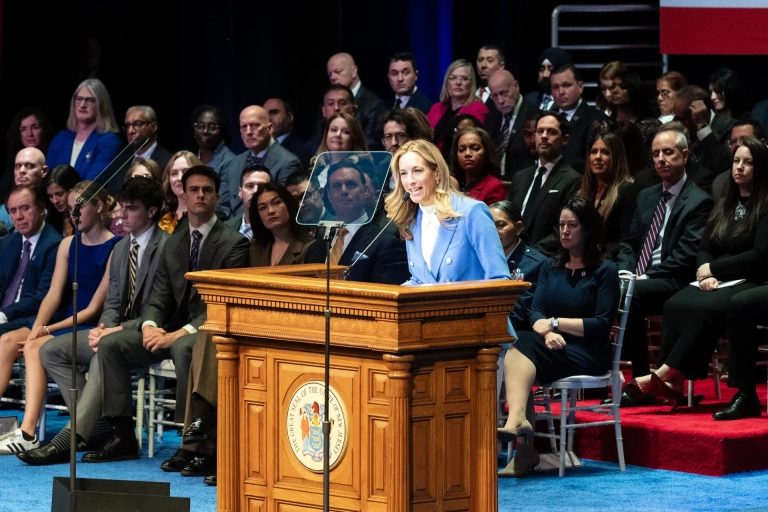This year, thousands of NYC teachers will be rated based on the test scores of subjects–and students–they do not teach.
By Geoff Decker, Philissa Cramer
A Bronx performing arts school’s dance instructor will be judged on students’ English exam scores. Physical education teachers at a transfer school in Brooklyn are going to teach Olympic history lessons to prepare students for the history tests that will help determine their ratings. And teachers in Queens are putting the fate of their evaluations into a final exam that they don’t teach, but yields high pass rates.
The scenarios are not unusual — across [New York City] this year, thousands of teachers will be rated in large part based on test scores of subjects and students that they do not teach.
Rather, the scenarios are examples of how schools have tried to comply with a new teacher evaluation system that must factor student performance into final ratings. They also represent how the original purpose of the evaluations, to differentiate teachers’ effectiveness, has been squeezed by restrictive state laws, limited resources, and a tight timeline for implementation.
“It’s insane to me that 40 percent of my evaluation is going to be based on someone else’s work,” said Jason Zanitsch, a high school drama teacher who will share the same “student growth” score with colleagues in his school this year.
More>>


